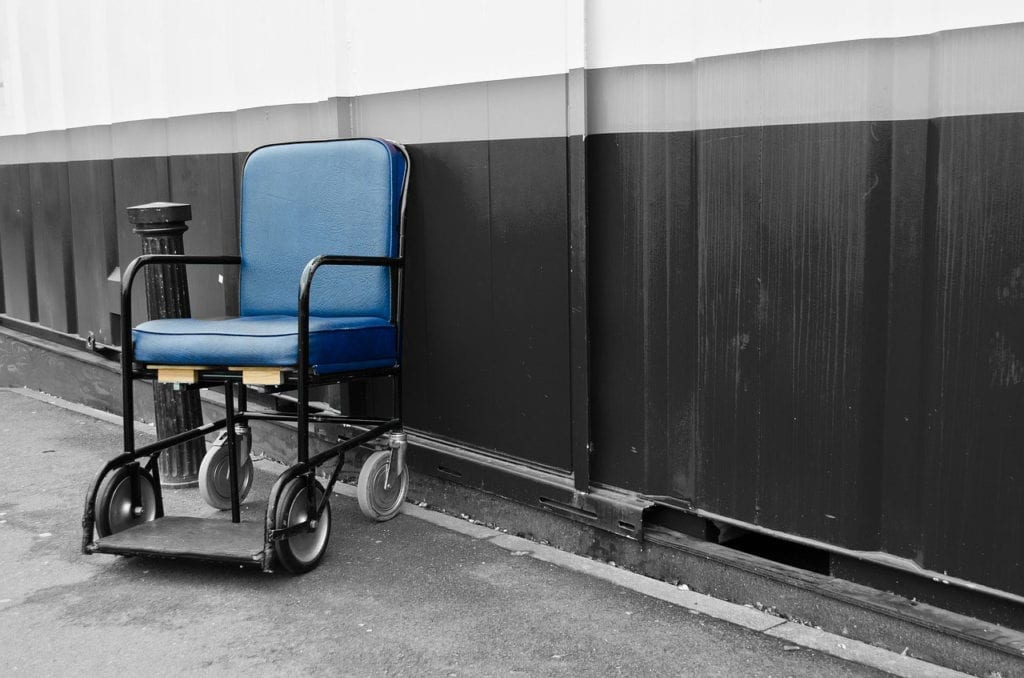During the virtual XVIII International Conference on Duchenne and Becker Muscular Dystrophy, specialty pharmaceutical company Italfarmaco Group (“Italfarmaco”) shared updates regarding various Givinostat clinical development programs. The treatment is designed for male patients with Duchenne muscular dystrophy (DMD), one of nine forms of muscular dystrophy. According to the data, Givinostat halts the progression of DMD in pediatric patients, suggesting that it could be used as a potential treatment option in the future.
Givinostat
Altogether, Givinostat has received Rare Pediatric Disease, Fast Track, and Orphan Drug designations. These FDA-administered designations are designed to facilitate the development of new drugs or biologics to fill unmet needs in the rare disease space. In this case, rare diseases are defined as those affecting 200,000 Americans or less.
But what is Givinostat? This investigational drug is Italfarmaco’s proprietary histone deacetylase (HDAC) inhibitor. ScienceDirect describes HDAC as:
an enzyme that removes the acetyl group from histone proteins on DNA, making the DNA less accessible to transcription factors.
Some research suggests that patients with DMD have significantly higher HDACs than others. Italfarmaco explored Givinostat as a potential treatment option in a Phase 2 clinical trial. Now, they are continuing to study the drug in an ongoing Phase 3 trial. 179 patients enrolled.
From their current study, which comprises 7 years of follow-up data, researchers found that Givinostat slowed muscle degeneration and DMD progression in young male patients (7-11 years old). Not only did the drug halt disease progression, but it also reduced fibrosis (tissue scarring) and helped patients to build muscle mass when used in conjunction with corticosteroids. In prior studies, many patients with DMD lost ambulation (the ability to walk or move without assistance) between 13-14 years old. However, Givinostat lengthened this to around 16 years old.
Outside of DMD, Italfarmaco is also considering Givinostat as a potential treatment for patients with Becker muscular dystrophy.
Duchenne Muscular Dystrophy (DMD)
Duchenne muscular dystrophy (DMD) is a rare genetic disorder. DMD gene mutations cause DMD. These mutations prevent the body from creating dystrophin in muscles, causing progressive muscle weakness. Typically, DMD occurs mostly in males (1 in 3500 male births). This condition is extremely rare in females, occurring in only 1 in approximately 50 million female births. In many cases, DMD symptoms appear in early childhood, with most symptoms manifesting before 6 years old. Sometimes, DMD progresses to heart disease and respiratory failure. Symptoms include:
- Fatigue
- Muscle weakness which begins in the legs, thighs, and pelvis
- Over time, this muscle weakness often progresses to the rest of the body.
- Difficulty walking or moving positions
- Muscle pain and stiffness
- Frequent tripping and/or falling
- Developmental delays and difficulties with motor skills
- Learning disabilities
- Scoliosis
- Difficulty swallowing
- Enlarged calves
- “Waddling” gait








